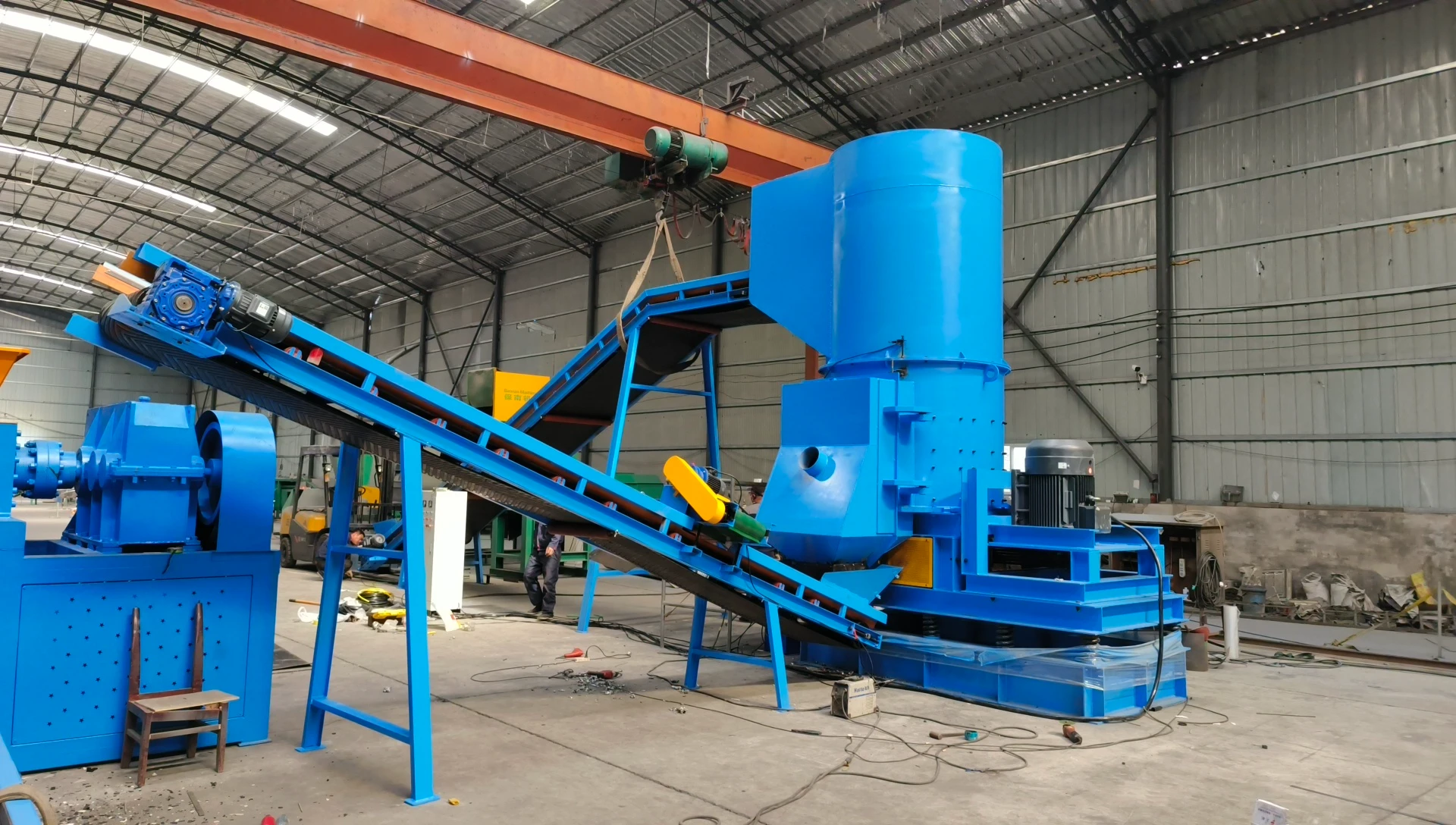

Nov . 06, 2024 00:29 Back to list
The Importance of Aluminium Scrap Recycling Plants
In an era where sustainability and environmental consciousness are paramount, the recycling of materials has become a crucial aspect of industrial processes. Among the most significant materials undergoing recycling is aluminium. Aluminium scrap recycling plants play a vital role in transforming waste into valuable resources, contributing to both economic and environmental sustainability.
The Aluminium Recycling Process
Aluminium is a highly versatile metal that is widely used in various industries, from automotive to aerospace, construction, and packaging. The primary advantage of recycling aluminium lies in its ability to retain its properties, regardless of the number of times it is recycled. The recycling process typically begins with the collection of aluminium scrap, which can include everything from beverage cans and foil wrappers to old car parts and construction materials.
Once collected, the scrap is sorted and cleaned to remove contaminants. This is a crucial step, as impurities can affect the quality of the recycled aluminium. After sorting, the aluminium is smelted in large furnaces, where it is heated to temperatures exceeding 660 degrees Celsius (1220 degrees Fahrenheit). This melting reduces the metal into a liquid state, allowing for the removal of any remaining impurities.
Following this, the molten aluminium is poured into molds or cast into ingots, which can be reformed into new products. This entire recycling process requires only 5% of the energy needed to produce aluminium from raw materials, making it not only energy-efficient but also cost-effective.
Economic Benefits
The establishment of aluminium scrap recycling plants has significant economic implications
. These plants create jobs in various sectors, from collection and transportation to processing and manufacturing. In a world where job markets can often be volatile, recycling facilities provide stable employment opportunities while fostering skills development and training.Moreover, recycling aluminium contributes to reducing costs associated with the extraction and processing of raw materials. By utilizing scrap metal, manufacturers can lower their overall production costs, leading to more competitive pricing and increased profitability. The recycling industry itself has shown remarkable growth, and estimates suggest that the global market for aluminium recycling could reach new heights in the coming years.

Environmental Impact
The environmental benefits of aluminium recycling are profound. Recycling aluminium reduces the need for mining new bauxite, the primary source of aluminium, which not only conserves natural resources but also minimizes the environmental degradation associated with mining activities. Additionally, the energy savings from recycling contribute to a significant reduction in greenhouse gas emissions. Studies show that recycling one ton of aluminium can save over 9 tons of carbon dioxide emissions compared to producing aluminium from raw ore.
Furthermore, aluminium recycling plants help divert waste from landfills, promoting a circular economy where materials are continuously reused. This process reduces the demand for landfill space and the environmental issues associated with waste disposal, such as soil and water contamination.
Future of Aluminium Recycling
As technology advances, the efficiency and effectiveness of aluminium recycling processes are likely to improve. Innovative techniques, such as automated sorting systems and advanced smelting technologies, are being developed to enhance the recycling process. These advancements will further increase recovery rates and reduce energy consumption, making aluminium recycling plants even more vital in the years to come.
Moreover, with global initiatives aimed at reducing plastic waste and promoting sustainable practices, the demand for recycled materials like aluminium will likely surge. By investing in more recycling plants and enhancing their capabilities, industries can meet this demand while contributing to a healthier planet.
Conclusion
Aluminium scrap recycling plants are crucial components in the movement towards sustainability. They not only promote the recycling of valuable materials but also provide economic benefits and reduce environmental impacts. As we continue to strive for a more sustainable future, the role of these facilities will become increasingly essential, illustrating the importance of recycling in our modern economy. Investing in aluminium scrap recycling is not just an industrial choice; it is an environmental imperative.
Latest news
The Future of Metal Recycling: Revolutionizing Waste Management
NewsMay.14,2025
Optimizing Waste with Recycling Lines
NewsMay.14,2025
Municipal Solid Waste Sorting Line: Revolutionizing Waste Management
NewsMay.14,2025
Metal Shredders: Essential Tools for Efficient Recycling
NewsMay.14,2025
Maximize Your Profits with a Copper Wire Granulator
NewsMay.14,2025
Home Metal Shredder: A Smart Choice for Your Home Recycling Needs
NewsMay.14,2025